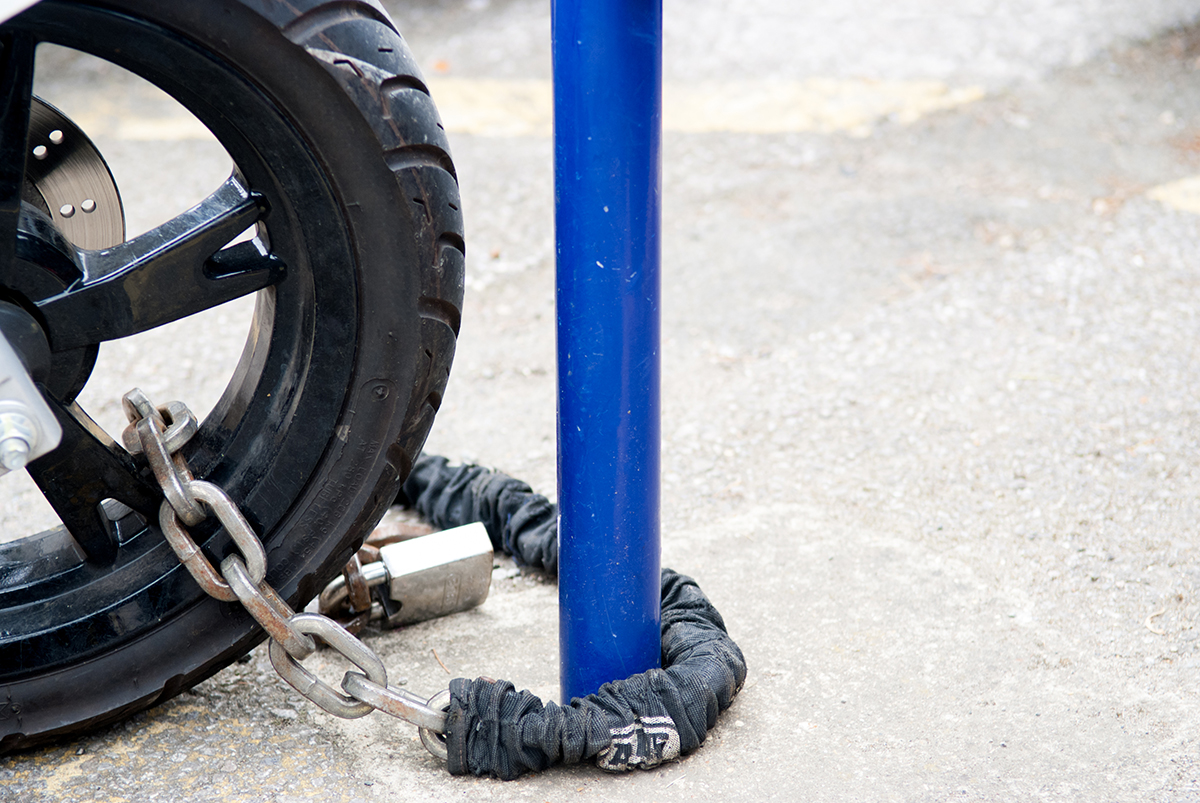Key tips & guidelines for industrial workers to cultivate a safety-focused workplace culture
Industrial job sites are rife with safety risks. Between hazardous materials, heavy machinery, and industrial vehicles, there’s a lot to keep in mind and prepare for to stay safe.
But with keen attention to detail and the right precautions, you can contribute to a safe workplace culture.
Along with following your specific job site’s established safety measures, the guidelines below will help you reduce the risk of accidents and protect yourself and your fellow workers.
PPE & Safety Equipment: Your First Line of Defense
Just like how a jet pilot suits up before taking flight, you need the right safety gear to shield yourself from potential harm.
If you work in construction and your job involves heavy lifting, going without your safety grip gloves could cause you to drop something, which may lead to a serious injury.
Helmets, safety goggles, ear protection, gloves, high-visibility clothing, and other personal protective equipment (PPE) are all essential tools in your safety arsenal. No matter what field you work in, proper use of safety gear is key to ensuring you and your coworkers’ security.
Treat Industrial Equipment With Respect
Industrial equipment is what keeps the work flowing, and to make sure it operates smoothly and safely, it’s crucial to treat it with respect.
Operating machinery carelessly or in neglect of established safety measures can be a one-way ticket to costly damages, severe injuries, and even death.
Proper operation, regular maintenance, and routine inspections are crucial to reducing the risk of breakdowns or accidents. And if you see any unauthorized or reckless use of on-site equipment, report it to your supervisor as soon as possible.
Handle Hazardous Materials Properly
Working with hazardous materials requires an abundance of care and caution.
Whatever you’re handling—whether it’s volatile chemicals, flammable substances, or toxic waste—be sure to follow the proper safety procedures for storage, transportation, and disposal as strictly as possible.
Wearing the necessary PPE and handling these materials carefully can help you avoid potentially harmful accidents and workplace emergencies.
Report Any Unsafe Conditions or Incidents to the Higher Ups
Airports and train stations often play a message over their loudspeakers that says, “If you see something, say something.”
It’s common for transportation services, but it also applies to industrial job sites.
Healthy communication between front-line workers and management is key to industrial workplace safety.
Whether it’s unauthorized use of equipment, poor handling of hazardous material, or faulty machinery, report whatever you see as soon as possible to ensure the safety of everyone on-site.
Take Care of & Listen to Your Body
Industrial jobs can take a heavy toll on the body and mind. That’s why it’s important to take regular breaks, maintain proper posture when lifting things, and stay well-fed and hydrated.
If you’re feeling sluggish, weak, or tired, avoid driving or operating machinery until you feel better. It takes a lot of focus and precision to use industrial equipment, and even if you’re feeling just a little bit off, it can affect your performance.
A minor slip-up can have disastrous consequences, so it’s best to listen to your body to reduce the risk of accidents and injuries.
Stay Sharp, Stay Safe
Your health and energy levels aren’t the only thing to keep an eye on at work. Especially when operating machinery, take every possible step to avoid unwanted distractions on the job.
For many industrial workers, that means limiting phone use during work hours.
Putting your full attention into your task is the best way to minimize the risk of mishaps. It only takes a second of broken focus for something to go wrong, so keep your guard up, stay alert, and encourage others to do the same.
Make Emergency Preparedness a Priority
Falls, tumbling cargo, chemical spills, fires, accident-related injuries…
There’s no shortage of things that can go wrong at an industrial workplace.
To ensure you can quickly and effectively respond to unexpected emergencies, it’s absolutely vital to study your job site’s action plans for every possible crisis and actively engage in emergency drills.
This knowledge and experience doesn’t just allow you to minimize risk for yourself and your coworkers. It can also save lives.
Empower Yourself With the Fastest Way to Get Help
In an emergency, contacting the authorities is often the first and most important step. Many crisis situations are time-sensitive, growing worse in severity as the seconds tick by.
This makes emergency response times critical to prevent extensive property damage, worsening injuries, and even death.
Especially in an environment like an industrial job site where there are so many safety concerns, you simply can’t risk your emergency call getting stuck in a queue, delayed, or going unanswered—problems that are all too common with the 911 system.
For the fastest way to get help in an emergency—every time—the Rescu app is the lifeline you can count on.
With just two taps on your smartphone or Apple Watch, you can instantly dispatch fire, police, or medical first responders to your current location—no talking required. Rescu is powered by state-of-the-art GPS technology, so you never have to worry about explaining where you are…
And thanks to its 5-Diamond, subscriber-dedicated monitoring center, you’ll never have to worry about your alert being placed anywhere below top priority.
Seconds save lives.
Download the Rescu app to upgrade your industrial workplace safety today.





